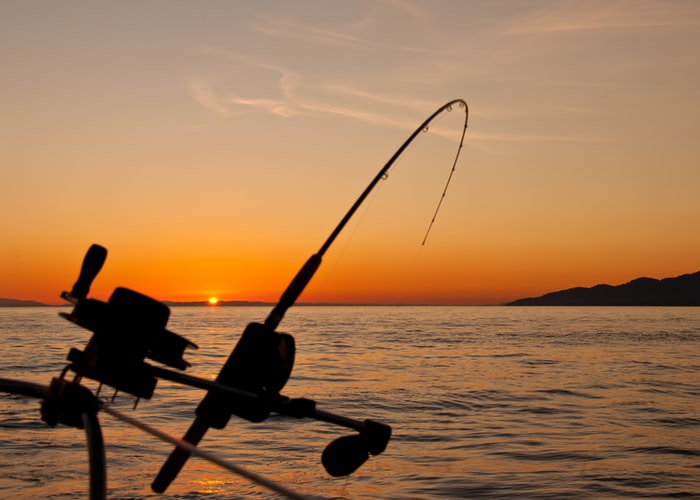According to Rob Edwards, manager of British Baits, more than half of their customers refer to themselves as ‘anglers’ rather than fishermen or women. As an intellectual exercise the shop decided to take an informal poll of customers to find out how much they knew around the origins of the words. He said, however, that none of them he had asked recently could explain what the difference was or where the terminology came from. This brings up an interesting question, where does the name come from and why? Is there really any difference between the two terms?
So, what exactly is the history of the term ‘angler’ or ‘angling’? We know from Izaak Walton’s 1653 book “The Compleat Angler” that the phrase was in use at least as far back as then and that it was used to relate to fishing. The book by Walton is the most known and is often referred to but it was not the first. It turns out that the first recorded book on recreational fishing, or angling, was back in 1496 when “A Treatyse of Fysshynge wyth an Angle” (A Treatise of Fishing with an Angle) was published by the English prioress Dame Juliana Berners. She was apparently a keen angler, hunter, and lover of the outdoors.
A little bit of research shows general agreement that the term first came to common use on or around the 1500’s. It seems that in Old English the word ‘angel’ sometimes spelled ‘angle’ meant either a hook, metal hook or specifically fishing hook.
This brings us a little bit more clarity but also a slight complication and possibility of confusion. Going by the original definition of the word angle as a hook or fish hook it is clear that when you are angling you are indeed fishing. The complication, however, is that there are more ways than one of catching fish. For example, in the USA the practice of bowfishing for carp and others from the side of the water is not uncommon. We are all familiar with the idea of spear fishing while out scuba diving on holiday as another example. Commercial fishermen, and others, often use nets or traps of some variety to catch fish. None of these meet the definition of ‘angling’ as they do not involve a hook or ‘angle’.
It appears then that although at the start of our research in common with many other people we were using the words fishing and angling as totally synonymous this is not quite true. Angling is indeed fishing, but it is fishing a very specific way, with a hook. Fishing is a more generic term and includes many methods of which angling is just one.
For most of us who are rod and reel afficionados the difference is moot. We are angling, we are fishing. Most will continue to use the terms interchangeably and will be right the bulk of the time. Hopefully this article sheds some light on the history and detail behind why fishing is called angling and when it is and isn’t the case.
